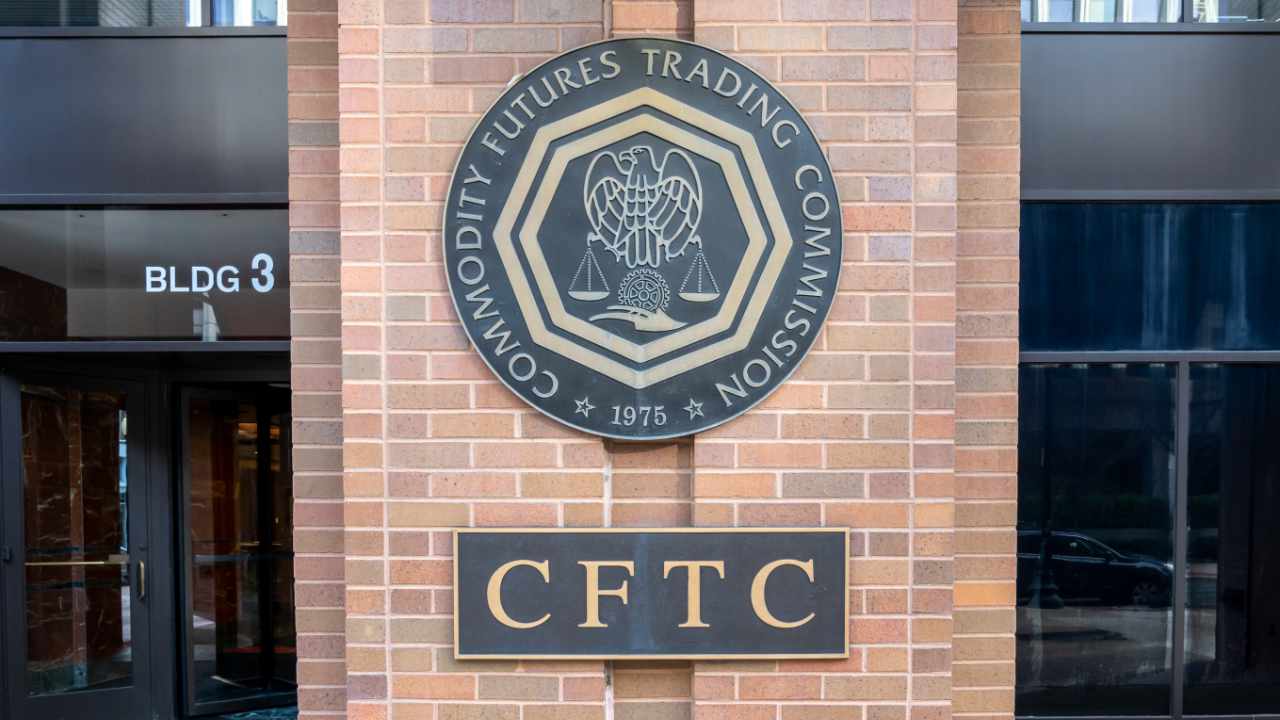Summer Mersinger, Commissioner of the United States Commodity Futures Trading Commission (CFTC), expressed concerns about the agency’s sanction actions regarding decentralized finance (DeFi) protocols instead of engaging with the public. While the CFTC has initiated regulatory actions against various DeFi protocols, setting rules for DeFi is not on the regulatory agenda until spring 2023. This highlights the uncertainty surrounding the regulation of DeFi.
Mersinger Expresses Concerns
In a statement to the public on September 7th, Commissioner Mersinger voiced doubts about the approach adopted by the CFTC in these cases, arguing that sanction actions are not the most suitable tool to address the new DeFi technology. Mersinger believes that the CFTC should prioritize engaging with the public and stakeholders through rule-making and other regulatory tools instead of relying solely on sanction actions:
“I am concerned about the Commission taking another step towards initiating sanction actions instead of engaging with the public.”
Mersinger stated that the Commodity Exchange Act and CFTC rules are applied under congressional authority when necessary, especially to protect market participants from fraud and abuse. However, she noted that the commission’s decisions in these cases do not indicate misuse of customer funds or harm to market participants by sanctionable DeFi protocols.

Actions Initiated for Three DeFi Protocols
The Commissioner raised questions about the need for clear rules and transparent rule-making regarding the regulatory jurisdiction over DeFi protocols and the potential consequences of enforcement without them. Despite regulatory challenges, DeFi-related rule-making is not included in the CFTC’s spring 2023 regulatory agenda, and these issues are largely not addressed.
The CFTC recently announced regulatory actions against three DeFi protocols for allegedly failing to register various derivative trading offerings. These protocols were identified as Opyn, ZeroEx, and Deridex. Deridex and Opyn are accused of not being registered as swap execution facilities or designated contract markets. Additionally, the CFTC accused the two protocols of non-compliance with customer provisions stated in the Bank Secrecy Act.

 Türkçe
Türkçe Español
Español









